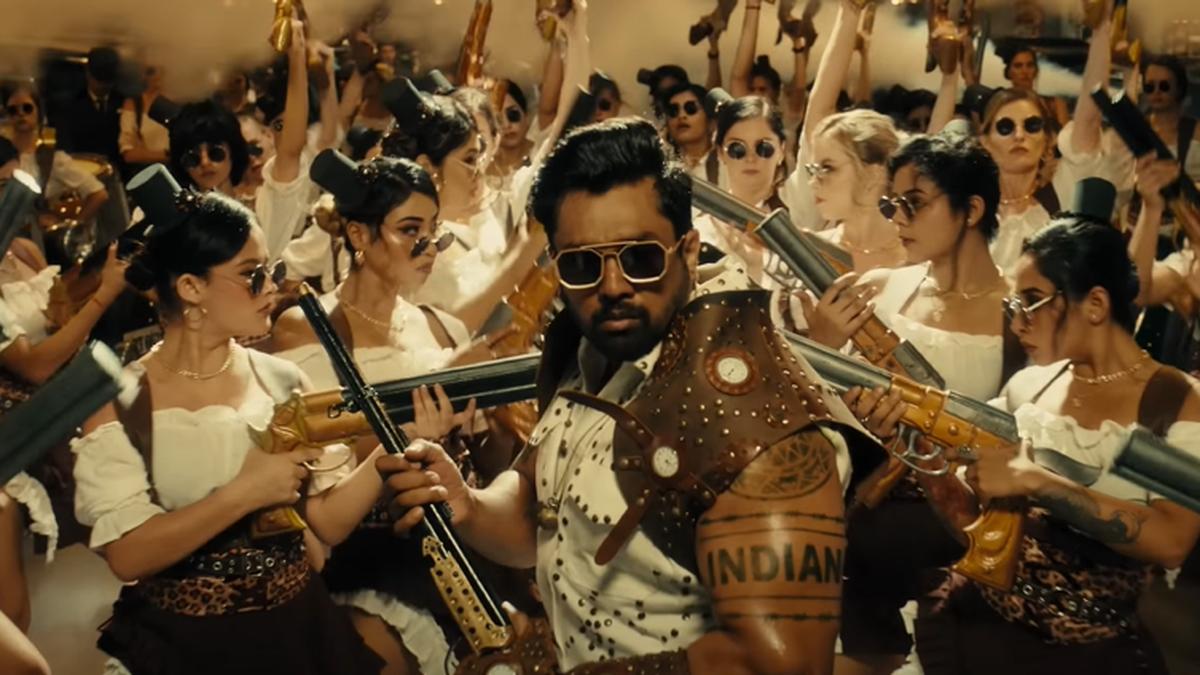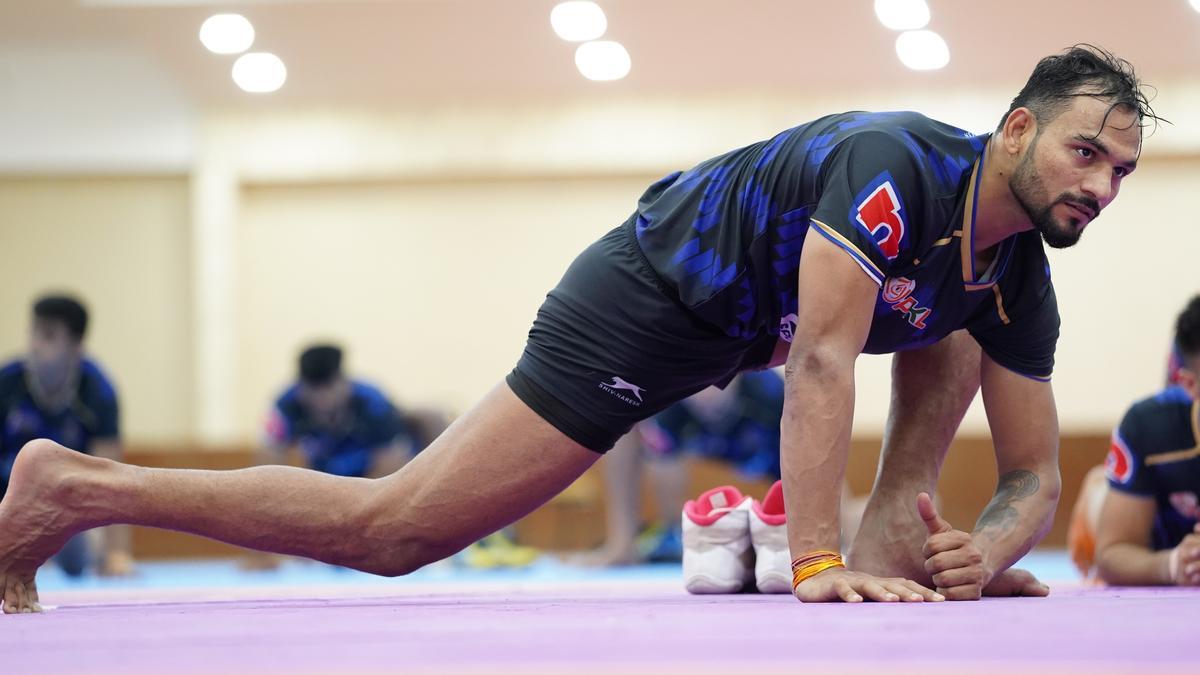
In an unfolding drama that has seen the worlds of Kannada cinema and digital commentary collide, the recent release of the Kannada movie “Martin” has ignited a fiery dispute between the film’s producers and the YouTube reviewing community. The conflict, currently making waves in the entertainment sector, centers around copyright strikes and controversies over creative freedom versus business protection.
It all began when “Martin,” an ambitious action-packed film directed by AP Arjun and starring Dhruva Sarja, debuted in theaters on October 11, 2024. With its release coinciding with the festive Dasara weekend, the movie captured substantial initial box office success. Despite its high-octane action sequences receiving applauses, the film quickly became a subject of criticism, particularly regarding the exaggerated portrayal of Dhruva Sarja’s character.
The real storm brewed when several YouTube reviewers faced demands to remove their content from the platform, particularly those offering unfavorable reviews. This compelled specific creators to take precautionary measures such as avoiding the explicit mention of the film’s name, humorously referring to it as “Mortien,” a popular brand known for pest control products. Despite its tongue-in-cheek nature, this adjustment reflected a deeper concern among creators about possible copyright retaliation.
Anmol Jamwal, a prominent film reviewer with his YouTube channel Tried & Refused Productions, became one of the central figures in this controversy. Having garnered over 1.22 million subscribers, Anmol’s critical take titled “Worst film of 2024” triggered an immediate response. The film’s representatives demanded its deletion, threatening a copyright strike. “I find the makers’ approach excessively forceful,” Anmol explained in an interview with The Hindu, emphasizing his decision to comply rather than face potential legal complications. This incident marked a first in his reviewing career, which began back in 2015.
Uday K Mehta, the producer of “Martin,” expressed that safeguarding his cinematic venture was imperative. Citing a John Doe order obtained from the courts as a protective measure, Uday declared his readiness to take action against any detrimental content he deemed harmful to the film’s success. “My priority is the film’s business. Any content undermining it must face consequences,” was his stern message underscoring the seriousness from the production side.
.
International reviewers such as Shan Prasher from Canada also found themselves embroiled in the dispute. Prasher experienced a copyright strike directly contradicting YouTube’s policy that recommends issuing a warning before such actions. Taking this as an infringement of his creative liberties, Prasher filed a counter-notification. He stated, “The system is being manipulated to suppress opinions. Tactful critique mixed with humor should not be mistaken for malice.” He noted that he had critiqued larger industry films without any similar repercussions.
Compounding the issue, the Kannada film industry was reminded of past controversies involving social media reviews. The topic eerily mirrored a 2023 case in the Malayalam film industry where legal attempts were made to restrict post-release reviews. This has led to an ongoing debate about the reach and influence of online reviews, pairing poorly with recent industry moves like Dharma Productions’ decision to forego pre-release screenings, ostensibly out of fear of prejudiced opinions.
Within Karnataka, long-term YouTube content creator Kairam Vaashi remarked on the situation. He advocated for balance, arguing that while filmmakers are justified in feeling aggrieved by sharp critiques, they should pursue resolution within appropriate legal boundaries rather than exert undue pressure on critics. He stated, “Constructive criticism should be valued as it serves the art form itself.”
Beyond the digital reviewers, even within the fans, tensions have simmered. Sudhakar Gowda, another Kannada YouTuber, shared experiences of hostility and threats from fans following his less favorable commentary on the film. Despite the backlash, he maintains that sharing one’s honest perspective is a right inherently tied to the cultural consumption of movies.
The debate now sits at a crossroads, with no single resolution in sight. Opinions on platforms like social media are polarized, with some advocating for the filmmakers to gracefully handle criticism, while others press for a more regulated consensus between film producers and reviewers. Until resolution is reached, the clash between art’s critics and creators will continue to provoke dialogue and contention within the media landscape.










